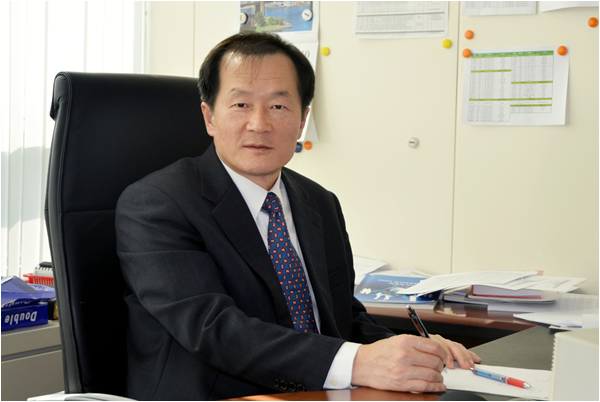
KAIST is to appoint a new president early next year, and the three candidates for the presidency have been shortlisted as of December 3. The final three candidates endorsed by the KAIST Professors Association (KPA) are, in alphabetical order, Professor Chong-Min Kyung and Professor Yong Hoon Lee of the School of Electrical Engineering, and Professor Sung-Chul Shin of the Department of Physics. Out of the 560 KPA members, 493 (88% of total) members have cast their votes on the nomination of KAIST president candidates on December 3. Endorsement by the KPA means that each of the three candidates could now be considered by the Board of Trustees for the upcoming appointment of the 16th president of KAIST when President Sung-Mo Kang’s term ends on February 22, 2017.
Given that KAIST has had its 13th, 14th, and 15th presidents from outside of KAIST, it has been well over a decade since KAIST has had a KAIST- based individual heading the institution. Many KPA members are known to have strongly called for such a choice of candidates because of the friction between the former presidents and the professors. Some media reports state that President Nam Pyo Suh’s harsh reforms, such as the all-English policy in 2007, have taught some KAIST community members to withhold or withdraw their trust from non-KAIST-based presidents.
With that said, the three candidates currently nominated all boast numerous contributions to KAIST. Any KAIST member is advised to check each candidate’s qualifications in their respective websites. Professor Kyung’s provides a short biography on http://ssal.kaist.ac.kr/~kyung/index.html; Professor Lee’s is on http://kalman.kaist.ac.kr/ index.php?&idx=professor; Professor Shin’s inauguration speech as DGIST president can be found on http://en.dgist. ac.kr/site/dgist_eng/menu/160.do.
One issue that has resurfaced repetitively over the past decade is the communication between the KAIST president and the student community when deciding on policies that affect the students most critically. Every new candidate for the Undergraduate Student Council (USC) since 2010 has proudly proposed policies that ambitiously claim the student body’s say in the appointment of the next KAIST president. While that has not happened yet, it remains to be seen how the 16th KAIST president will fare in terms of communication with students, local and international.

